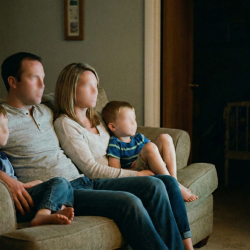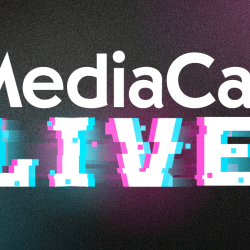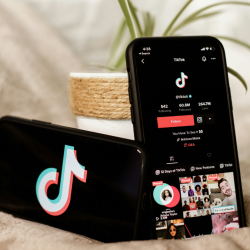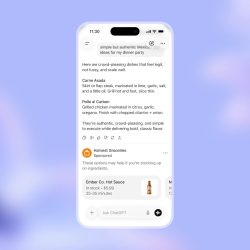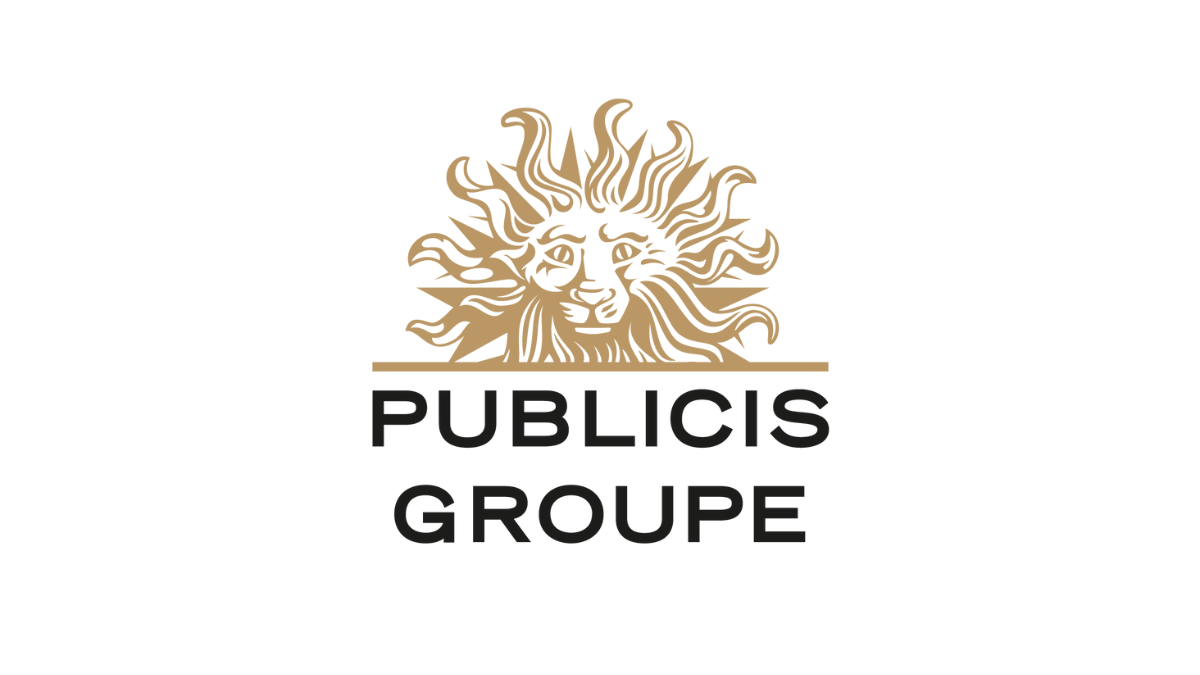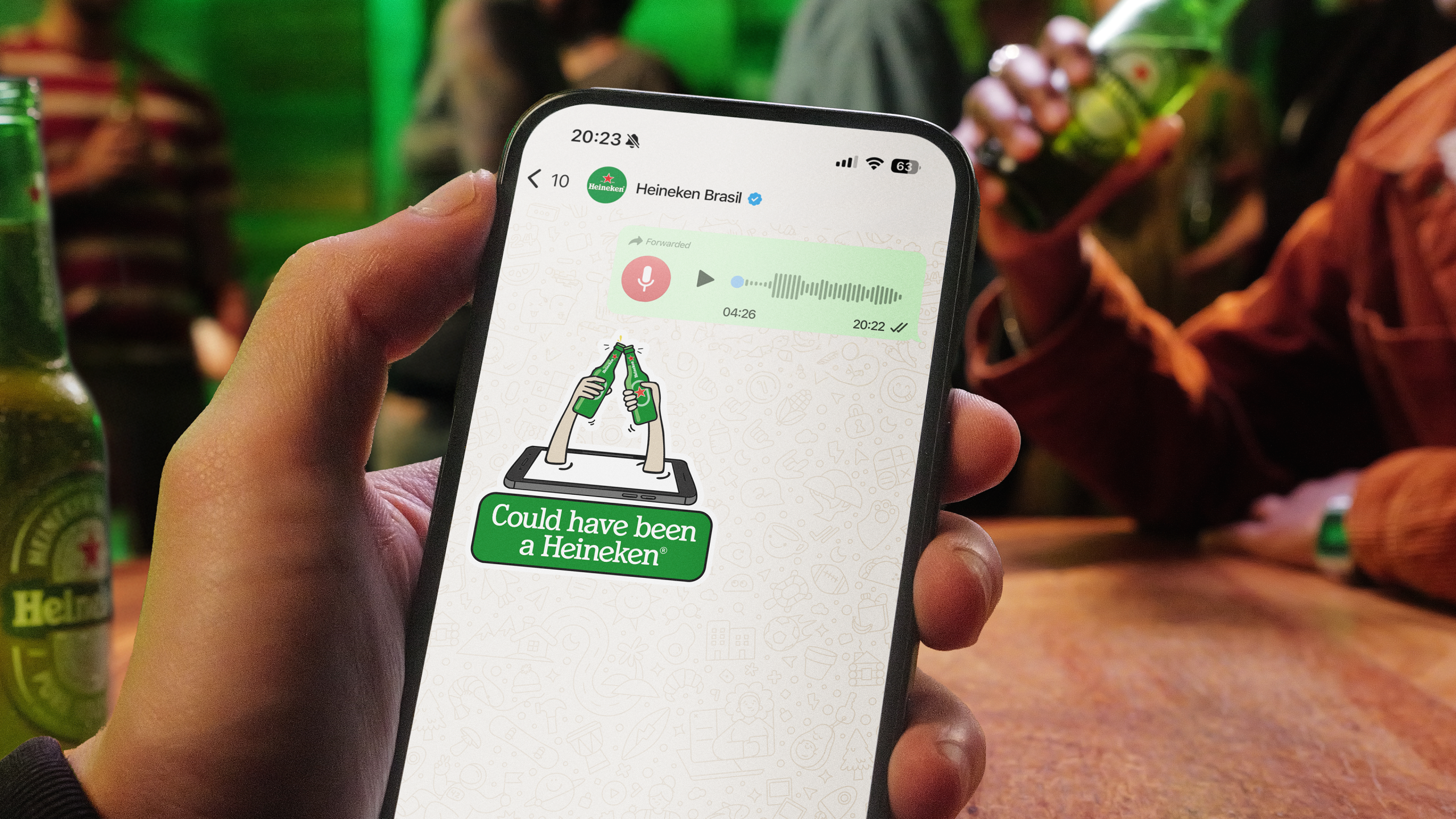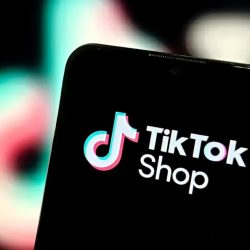Publicis Groupe’s CEO, Arthur Sadoun, was on bullish form during the holding company’s Q1 2025 earnings call on Tuesday.
The group brought in €3.5bn in revenue in the first three months of 2025, which was a year-on-year increase of 4.9%, in organic terms.
Connected Media — which comprises Publicis Groupe’s media, performance marketing, influencer and data businesses, and contributes 60% of the company’s net revenue — delivered ‘high single digit’ organic growth, according to Sadoun.
Intelligent Creativity — which comprises traditional as well as specialist creative agencies and production companies, and contributes 25% of net revenue — delivered the same high single-digit growth.
Only Publicis Sapient — the holding company’s digital consultancy, which contributes 15% of net revenue — faltered, declining by mid single-digits.
The business struggled because clients are nervous about making capital expenditures on things like IT services, which is Sapient’s domain, because of the uncertainty created by US President Donald Trump’s proposed tariffs. But operational expenditures, which include marketing spend, don’t appear to be suffering as a result of macroeconomic challenges, said Sadoun, and Publicis is ‘well on track’ to reach its target of 4-5% organic growth for the year.
Maybe it was just bluster for the benefit of the analysts on the call, but Sadoun spoke like a man with the advertising world at his feet.
His confidence appeared to stem from the advances Publicis had made in identifying consumers on the internet, more than anything else. Acquiring Epsilon has given Publicis the best identity graph in the industry, said Sadoun, allowing its agencies to ‘directly engage with 91% of all adults on the internet globally in a safe, secure, and compliant way.’
‘Leading in identity,’ he added, ‘gives us a unique competitive advantage in new business, but also in client retention.’
Sadoun later said that ‘influencer and creator [marketing] is just booming at the moment, and those acquisitions [of Influential and BR Media] have been welcomed by our clients because they understand that it’s all about identity, and how you connect this identity with the overall media landscape, from publisher to CRM to retailer and to influencer.’
Not even a question about whether WPP’s recent acquisition of Infosum would threaten Publicis Groupe’s identity hegemony phased Sadoun. In fact, he seemed to relish it.
‘You know what Infosum is,’ Sadoun asked rhetorically. ‘It’s a clean room.’
Clean rooms — which allow various parties to combine and analyse their data without breaching privacy laws or giving away sensitive information to one another — are useful commodities, said Sadoun, and Epsilon uses one, but on their own they are nothing more than ‘an empty shed’.
‘If you don’t add proprietary data that will bring your clients something that they don’t have, they won’t find new sources of growth,’ said Sadoun. ‘They won’t be able to connect every individual to the entire media ecosystem. Today, we are in a unique position to go from one individual to several influencers and drive directly to commerce.
‘And maybe the most important thing is that you can’t truly measure performance because you have to measure it in every environment instead of one. So you definitely need this connected identity graph. And through the acquisitions we have made, we are definitely number one [at] that.’
Finishing his thought, Sadoun said that it was clear that WPP and Publicis were pursuing different strategies, which have led to very different business outcomes. ‘Now, let’s see what happens in the future.’
Given that WPP’s guidance for 2025 was for net revenues to be somewhere between flat and 2% down, it’s safe to say Sadoun’s got a good idea already what’s going to happen.

